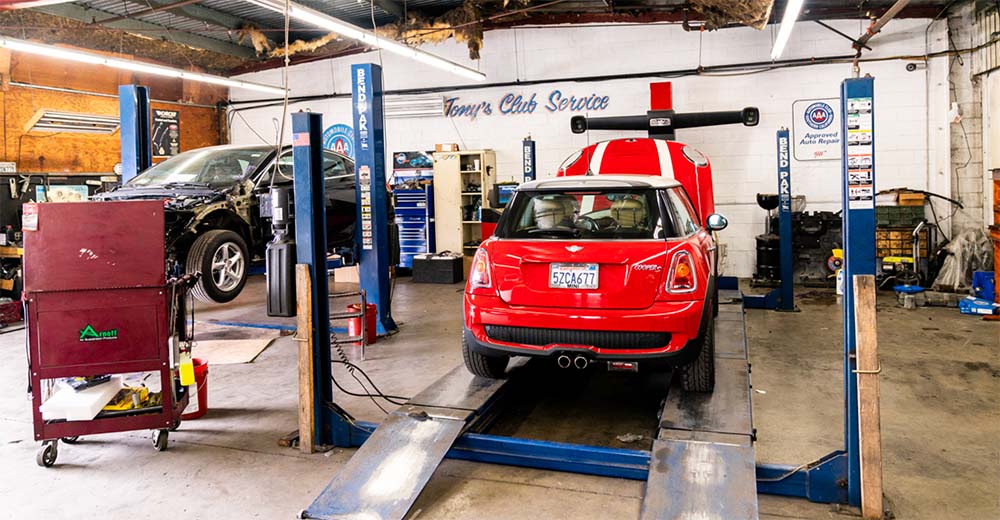Buying a new car is often a major investment — one that comes with the expectation of safety, reliability, and peace of mind. But for some California drivers, those hopes are quickly dashed when their new or recently purchased vehicle begins showing serious defects. That’s where the state’s Lemon Law steps in, offering vital protections for consumers who find themselves stuck with a defective car, truck, or SUV.
What Is the California Lemon Law?
California’s Lemon Law, officially known as the Song-Beverly Consumer Warranty Act, provides legal recourse for consumers who purchase or lease a vehicle that fails to meet quality and performance standards after multiple repair attempts.
This law applies to new and, in certain cases, used vehicles that are still under the manufacturer’s original warranty. It covers cars, pickup trucks, vans, SUVs, and even certain business vehicles, as long as they are primarily used for personal or family purposes and registered in California.
Under the Lemon Law, a manufacturer must either replace the defective vehicle or refund the purchase price if it cannot be repaired after a reasonable number of attempts. The aim is to ensure that consumers are not left paying for a car that doesn’t function as promised.
What Qualifies a Car as a “Lemon”?
Not every mechanical issue or inconvenience qualifies a vehicle as a “lemon.” To be eligible under the California Lemon Law, the vehicle must have a significant defect that affects its use, safety, or value. Common qualifying issues include:
- Persistent engine or transmission problems
- Defective brakes or steering systems
- Malfunctioning electrical components
- Faulty airbags or seat belts
- Repeated stalling or failure to start
Importantly, the defect must still exist after the manufacturer or authorized dealer has had a reasonable number of opportunities to repair it.
Typically, this means at least two attempts for serious safety defects — such as brake failure — or four or more attempts for less severe but recurring issues. In some cases, if the car has been in the repair shop for more than 30 cumulative days for warranty-related problems, it may also qualify as a lemon.
The Rights and Remedies for Consumers
If a vehicle meets the criteria, the owner is entitled to a refund or a replacement.
A refund includes the purchase price, sales tax, registration fees, and incidental costs such as towing or rental car expenses. The manufacturer may deduct a small amount for the mileage driven before the first repair attempt, known as a “mileage offset.”
Alternatively, the replacement option allows the consumer to receive a new vehicle of the same model and value. In both cases, the manufacturer must also pay for the consumer’s reasonable attorney’s fees and costs, ensuring individuals aren’t financially burdened when pursuing a legitimate claim.
What About Used Cars?
California’s Lemon Law can also protect consumers who buy certified pre-owned or used vehicles, as long as the car is still covered by a manufacturer’s original or extended warranty.
However, cars sold “as-is” or without a warranty generally don’t qualify for Lemon Law protection unless the seller intentionally concealed major defects. This is why understanding a vehicle’s warranty status at the time of purchase is crucial for used car buyers.
Filing a Lemon Law Claim
To begin a Lemon Law claim, consumers should start by gathering all repair orders, receipts, and communication with the dealership or manufacturer. Documentation is key — it serves as evidence of repeated repair attempts and the nature of the defects.
Next, consumers can notify the manufacturer in writing about the ongoing problem and their intention to seek a buyback or replacement. Some manufacturers have arbitration programs designed to resolve disputes before a lawsuit is filed. However, these are not mandatory, and many consumers choose to seek legal assistance to ensure the process is handled correctly.
Why Legal Help Matters
While the law is designed to favor consumers, navigating the claim process can be complex. Manufacturers often employ teams of lawyers who may dispute the validity of a claim or argue that the defect doesn’t substantially affect the car’s safety or usability.
This is why many Californians turn to California lemon lawyers, who specialize in handling these types of cases. These attorneys are experienced in dealing with manufacturers, understanding repair documentation, and securing fair settlements or buybacks for their clients.
Since the law requires the manufacturer to pay the consumer’s legal fees if the case is successful, hiring an attorney usually comes at no upfront cost to the vehicle owner.
Overview
The California Lemon Law is one of the strongest consumer protection statutes in the country. It ensures that when a new or used vehicle turns out to be defective and unfixable, the burden doesn’t fall on the buyer.
For anyone dealing with persistent car problems despite multiple repair attempts, it’s important to know that the law is on your side — and that help is available. Whether it’s seeking a replacement vehicle or a refund, consumers have the right to demand accountability and fairness from manufacturers.
In a state where driving is part of everyday life, California’s Lemon Law serves as a vital safeguard against being stuck with a faulty car — turning what could be a financial nightmare into a fair resolution for consumers.


